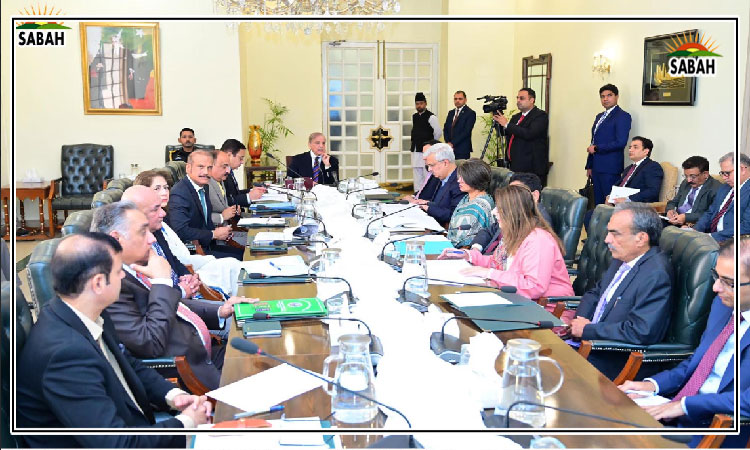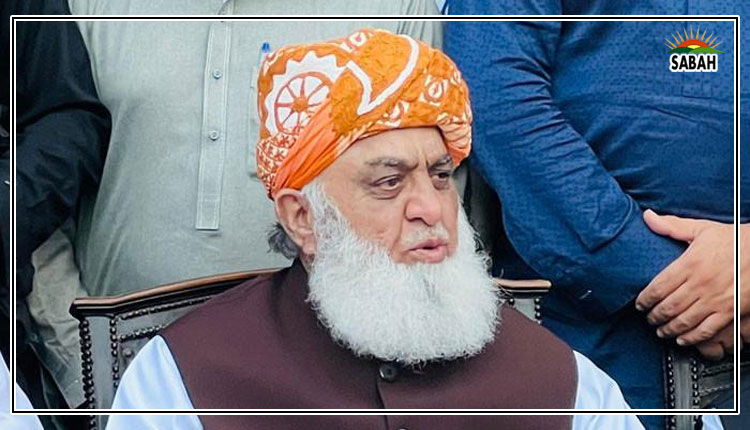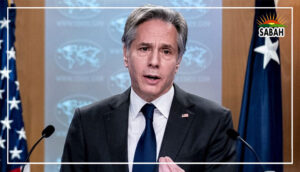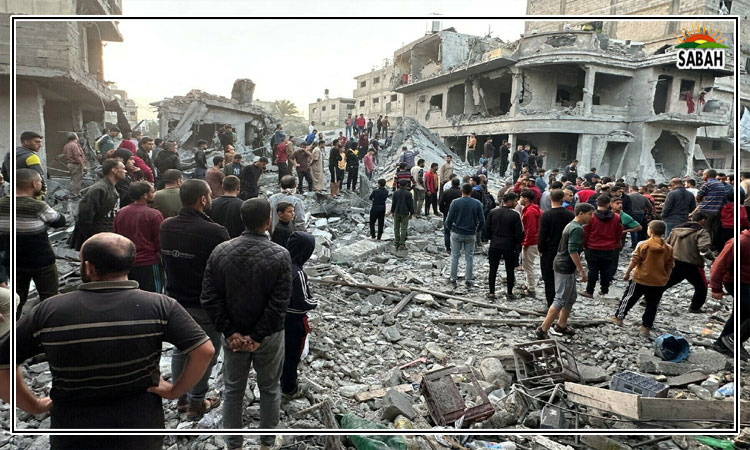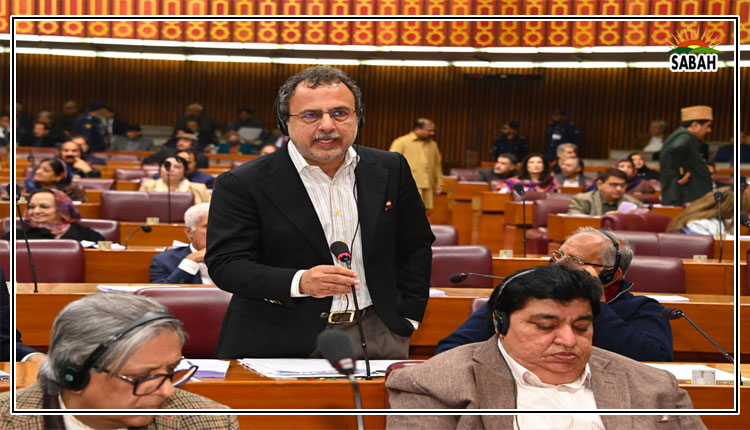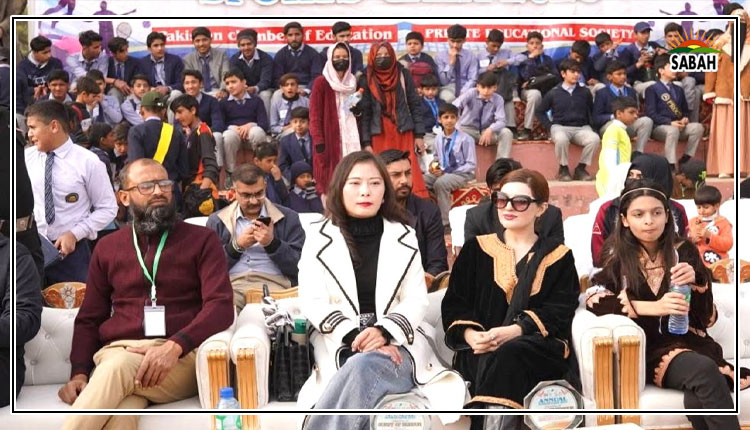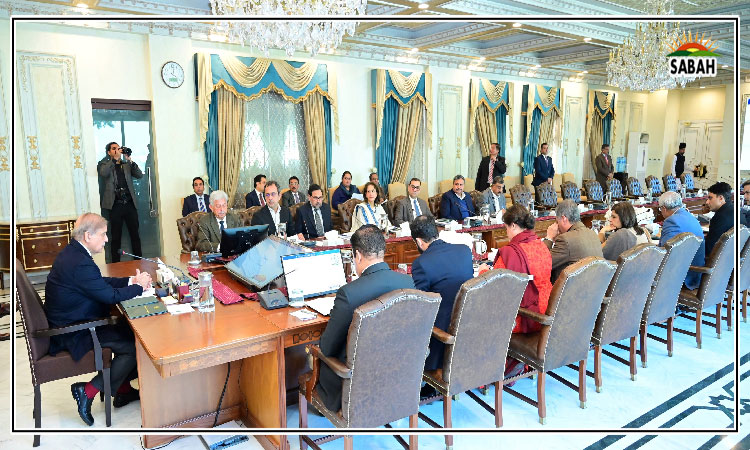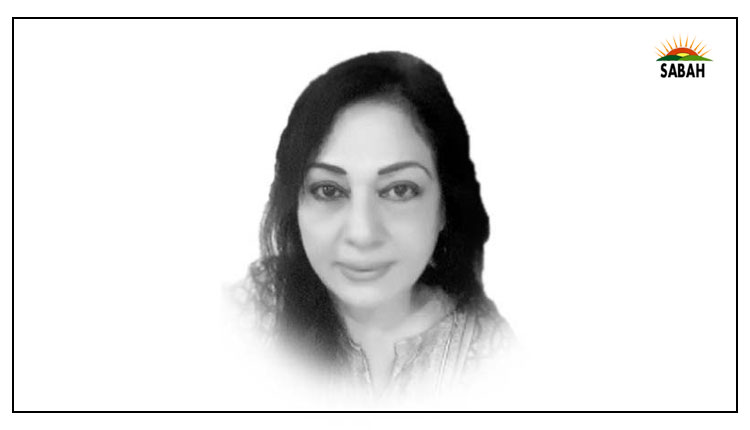Why India cannot become a true democracy… Adeela Naureen/Waqar K Kauravi
Louis Dumont, in his theoretical investigation of Indian caste and hierarchy, Homo Hierarchicus, had built on his 1949 fieldwork on the Pramalai Kallars of South India and the Indological literature on caste. Dumont contends that the key issue is the concept of caste, not social stratification, but rather a hierarchy founded on inequity. Even today, the Piramalai Kallars are part the Mukkulathor group, which is Tamil Nadus Most Backward Class/De-notified Class (MBC).
Cindy Nguyen is an assistant professor in the Information Studies Department and Digital Humanities Programme at the University of California, Los Angeles. She published a review of the work done by Dumont in 2016 and posits what Dumont has summarised. According to Dumont, caste is an institution that is common to all of India a system of ideas and values, a formal, comprehensible rational system. The most significant part of his explanation is how caste groups are separated from and linked to one another through (1) separation of marriage and contact issues, (2) division of labour, customs and professions, and (3) hierarchy classifying groupings as comparatively superior or inferior to one another. This final feature of hierarchy, according to Dumont, is the most significant and is represented by the distinction between the pure and impure.
Dumont has concluded that this stratification of human beings, enshrined in Hindu mythology for thousands of years, will remain a major challenge to any democratisation effort.
More recently in the episode of Shut Up Ya Kunal hosted by famous Indian standup comedian Kunal Kamra, Prof Dilip Mandal discussed the concept of Homo Hierarchicus and sociological realities that any Indian should consider. Professor Mandal argues that although it is difficult to make scale of social and artistic freedom in India, the perception of freedom of expression can be discussed in a comparative analysis of different eras under different leaders. He concludes that the freedom of expression has shrunk under Modi as compared to Congress rule.
Professor Mandal pointed out that the Temple of Art in India, Bollywood, has always glorified and propagated the grand narrative of Hindu society, where the upper cast names like Malhotras, Pandes and Kapoors remain heroes and lower caste names like Yadavs become villains. Ravikiran Shinde has also argued that the lead characters that belong largely to upper caste/Savarna Hindu families have been an unwritten rule in Bollywood movies. Whether its NRIs living abroad or middle class families of metropolitan India, Bollywood has mostly showcased the stories of Savarnas alone. Almost 88% of top leadership positions in Indian media are upper caste, with no mentionable Dalits or Adivasi heading any major media house.
Mandal Commission report and the plight of lower castes in India indicate that the majority of 77% formed by Dalits, Muslims, Christians, Sikhs, Tribes and Shudras is being gradually disenfranchised and suppressed by the upper caste 23% of Brahmins, Khshtriyas and Vaishyas under the RSS doctrine.
We had discussed the issue of Hindutva vs liberal India in our article published in December 2020 in The Express Tribune. Some of the points need mention here as they fall into the idea of Homo Hierarchicus.
In December 2020, Abhrajyoti Chakraborty published an essay in The New York Times outlining how the right-wing goal of the RSS cabal and the Modi-led administration has fundamentally altered Indias sociocultural environment. Chakrabortys argument has been built on work of prominent liberal documentary producer and director Anand Patwardhan. Patwardhans film, Reason, has garnered interest on a global scale, but his attempt to release it in India ran into a lot of difficulties and he had to use social media for the purpose.
The killings of four Indian activists, who all seem to have been targeted for defying Hindu dogma, serve as the central focus of Reason. Gauri Lankesh, a journalist, was an outspoken opponent of the BJP. MM Kalburgi was a scholar who had spoken out against the practice of worshipping Hindu idols. Narendra Dabholkar, a former doctor, fought against backward Hindu superstitions in rural areas. With the same caliber handgun, all three were fatally shot. The shooters were spotted speeding away on motorbikes. But Govind Pansare, a lawyer and Communist philosopher who was killed in the early hours of February 2015, is the brain behind Reason. Pansare had participated actively in progressive Maharashtrian campaigns against caste and other prejudiced Hindu customs.
IIOJK (Indian Illegally Occupied Jammu and Kashmir) since Aug 2019 has been placed under indefinite lockdown after the revocation of its special status that had granted it some autonomy. Local politicians were imprisoned, and thousands of people were detained. Phone and internet connections have been regularly blocked.
The Modi era is frequently referred to as an undeclared emergency in India. The 200 million Muslims are first seen as suspects and subsequently as citizens. They are confronted in public areas to demonstrate their patriotism after being accused of murdering cows for meat, in addition to being blamed for everything from the nations overpopulation to seducing away Hindu women via Love Jihad.
The Muslim, Dalit and Christian voter has been the biggest victim of electoral process. Disoriented, confused and divided, the minorities have been absolutely smothered. Manipur and the burning North East is a testament to persecution of Christian community. The appeasement of the countrys predominately Hindu populace has now permeated every political debate in India and is referred to as Soft Hindutva.
Hindutva vision of the RSS cabal is no longer a pipe dream but a reality that has been proven by Modis re-election in 2019 by a landslide. Godi media, which is supported by corporate India, dominates the discussion and dialogue around mainstream media. The legislative system and the pantheon of democracy are no longer places for debate but rather a notice board where Rajpaths directives are posted to be carried out without any debate.
The larger questions are to determine if Nathuram Godse has extinguished the spirit of Gandhi and whether India can ever become a democracy under the perpetual weight of Homo Hierarchicus.
Courtesy The Express Tribune



